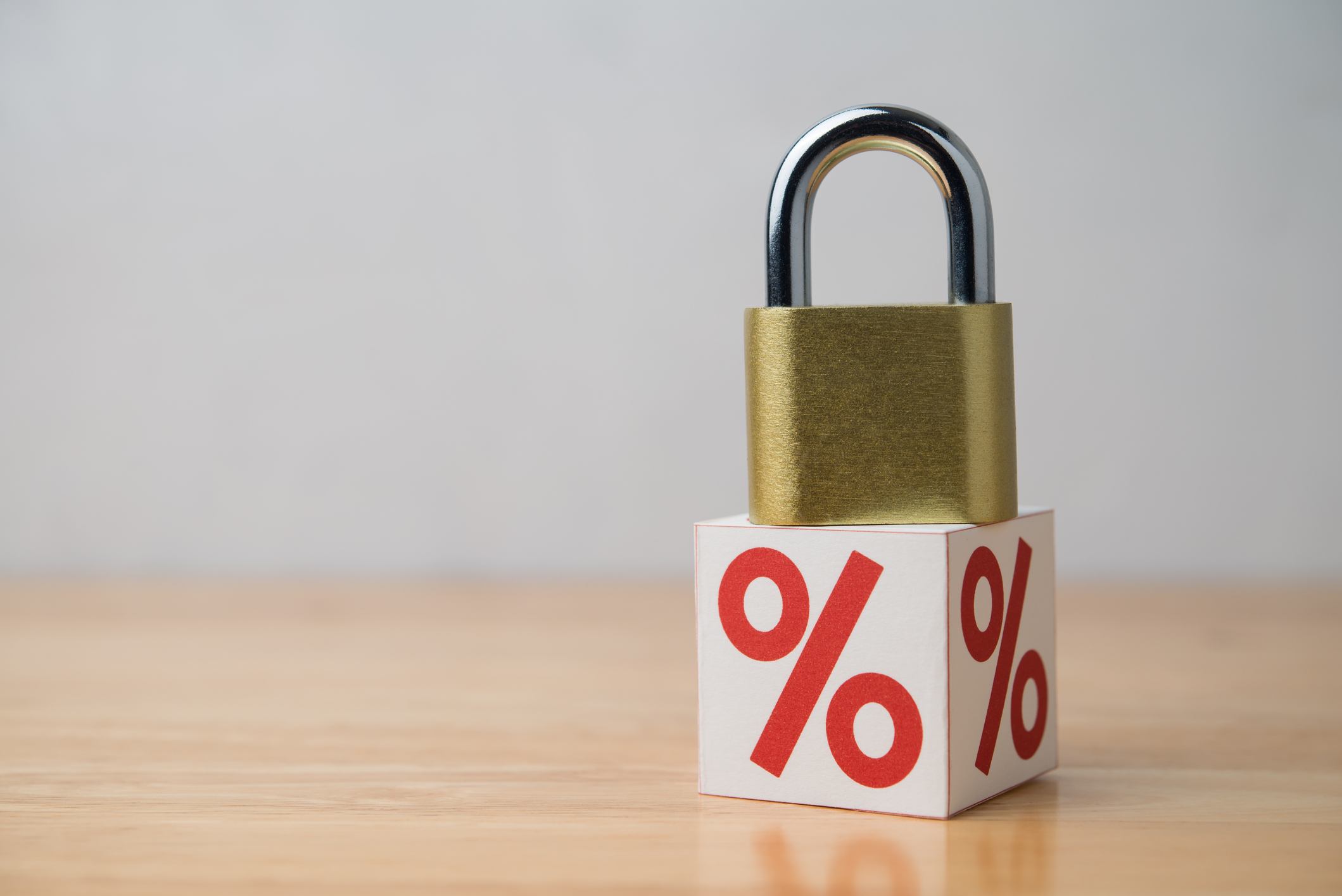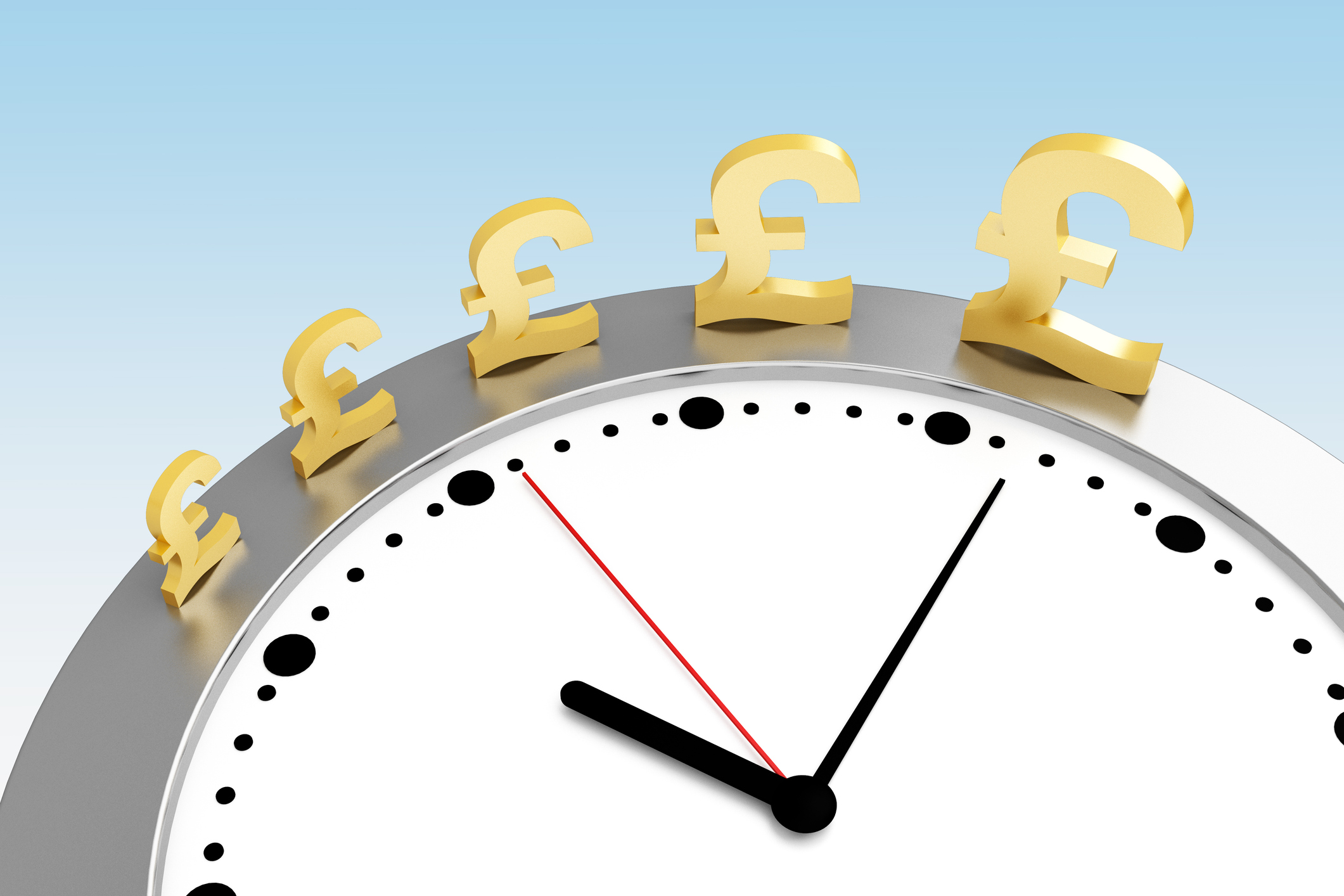NS&I hikes Premium Bond prize fund rate to 24-year high
The Premium Bond prize fund rate will go up again next month, hitting its highest level since 1999. NS&I is also raising the interest rate on a range of savings products. We explain what the changes mean for you.


Get the latest financial news, insights and expert analysis from our award-winning MoneyWeek team, to help you understand what really matters when it comes to your finances.
You are now subscribed
Your newsletter sign-up was successful
Want to add more newsletters?

Twice daily
MoneyWeek
Get the latest financial news, insights and expert analysis from our award-winning MoneyWeek team, to help you understand what really matters when it comes to your finances.

Four times a week
Look After My Bills
Sign up to our free money-saving newsletter, filled with the latest news and expert advice to help you find the best tips and deals for managing your bills. Start saving today!
National Savings & Investments has hiked the prize fund rate on Premium Bonds again, as well as increasing the interest rate on five of its savings accounts.
The prize fund rate will rise from 4% to 4.65% in the September draw, reaching its highest level in 24 years. The government-backed savings organisation will add £66 million to the Premium Bond prize pot.
The odds of winning will improve from 22,000 to 21,000 to 1 - their best level since April 2008.
MoneyWeek
Subscribe to MoneyWeek today and get your first six magazine issues absolutely FREE

Sign up to Money Morning
Don't miss the latest investment and personal finances news, market analysis, plus money-saving tips with our free twice-daily newsletter
Don't miss the latest investment and personal finances news, market analysis, plus money-saving tips with our free twice-daily newsletter
In comparison, the odds in May last year were only 34,500 to 1.
NS&I has repeatedly boosted the Premium Bond rate to keep up with competition in the savings market as Bank of England rate soars. Last week, the base rate hit 5.25%.
In this month’s Premium Bond draw (August), the prize fund rate rose from 3.7% to 4%. In July, the rate increased from 3.3% to 3.7%.
The upcoming change in the September draw marks the eighth time the Premium Bond prize fund rate has increased in just over a year.
How many premium bond prizes are there?
The change in prize fund rate means the total prize pot will grow by £66 million to reach more than £470 million.
NS&I estimates that there will be 5,785,904 prizes up for grabs from September – an increase of more than 269,000 when compared to August 2023.
While there will still only be two £1 million jackpot winners each month, the number of prizes of other amounts will all rise - bar the £25 smallest prize. The number of £25 prizes will fall from 1.7 million to just over £1 million.
The number of £100,000 prizes - the second-biggest prize - will rise from 77 to 90 each month. At the other end of the scale, the amount of £50 prizes will increase from 1.9 million to 2.3 million.
Number and value of Premium Bond prizes
| Value of prizes in August 2023 | Number of prizes in August 2023 | Value of prizes in September 2023 (estimated) | Number of prizes in September 2023 (estimated) |
|---|---|---|---|
| £1,000,000 | 2 | £1,000,000 | 2 |
| £100,000 | 77 | £100,000 | 90 |
| £50,000 | 154 | £50,000 | 181 |
| £25,000 | 307 | £25,000 | 360 |
| £10,000 | 769 | £10,000 | 902 |
| £5,000 | 1,538 | £5,000 | 1,803 |
| £1,000 | 16,182 | £1,000 | 18,832 |
| £500 | 48,546 | £500 | 56,496 |
| £100 | 1,874,218 | £100 | 2,339,817 |
| £50 | 1,874,218 | £50 | 2,339,817 |
| £25 | 1,700,728 | £25 | 1,027,604 |
| Total £404,560,900 | Total 5,516,739 | Total £470,827,650 | Total 5,785,904 |
How has the premium bond prize fund changed?
NS&I has repeatedly hiked the prize fund rate to keep up with the rising base rate and to compete with savings accounts.
Laura Suter, head of personal finance at the investment platform AJ Bell, comments: “It was inevitable that NS&I would increase rates as rising competition in the savings market means it has fallen out of favour with savers who would prefer guaranteed rates elsewhere. In June, NS&I clocked up its third month of falling inflows and actually saw no net inflows, as any money savers put with the provider was wiped out by withdrawals.
She adds: “Taking a punt on Premium Bonds was a more attractive gamble when interest rates were rock-bottom. But now savers are giving up returns of 5% on easy-access accounts for the chance they might win big on Ernie, which is a tougher call to make.”
| Prize draw | Premium Bond prize fund rate | Increase from previous month | Odds per £1 Bond unit |
|---|---|---|---|
| Sep 2023 | 4.65% | 0.65% | 21,000 to 1 |
| Aug 2023 | 4.00% | 0.30% | 22,000 to 1 |
| Jul 2023 | 3.70% | 0.40% | 24,000 to 1 |
| Mar 2023 | 3.30% | 0.15% | 24,000 to 1 |
| Feb 2023 | 3.15% | 0.15% | 24,000 to 1 |
| Jan 2023 | 3.00% | 0.80% | 24,000 to 1 |
| Oct 2022 | 2.20% | 0.80% | 24,000 to 1 |
| Jun 2022 | 1.40% | 0.40% | 24,500 to 1 |
Source: NS&I
Which NS&I savings accounts are changing?
NS&I is lifting the interest rate on its Income Bond, Direct Saver, Direct ISA, Junior ISA and Investment Account on 18 August.
The interest rate paid to Direct Saver customers will increase from 3.4% to 3.65%, while the interest rate paid to Income Bonds will increase from 3.4% gross (3.45% AER) to 3.59% gross (3.65% AER).
The rate paid on NS&I’s Direct ISA will increase from 2.4% to 3%. Young savers will also benefit, with the Junior ISA rate rising from 3.65% to 4%.
Meanwhile, the rate on the Investment Account will edge up slightly, from 0.85% to 1%.
Suter observes that despite the increases none of the rates are market-beating. She comments: “That means to be using NS&I you’d need to have another motivation other than getting the highest possible return. For some, this will be the higher protection than the Financial Services Compensation Scheme offers or the ability to shelter their savings from tax.”
The rate changes announced today follow rate rises on a number of NS&I’s fixed-rate savings products last month.
Join us at the MoneyWeek Summit on 29.09.2023 at etc.venues St Paul's, London.
Tickets are on sale at www.moneyweeksummit.com
MoneyWeek subscribers receive a 25% discount.
Get the latest financial news, insights and expert analysis from our award-winning MoneyWeek team, to help you understand what really matters when it comes to your finances.

Ruth is an award-winning financial journalist with more than 15 years' experience of working on national newspapers, websites and specialist magazines.
She is passionate about helping people feel more confident about their finances. She was previously editor of Times Money Mentor, and prior to that was deputy Money editor at The Sunday Times.
A multi-award winning journalist, Ruth started her career on a pensions magazine at the FT Group, and has also worked at Money Observer and Money Advice Service.
Outside of work, she is a mum to two young children, while also serving as a magistrate and an NHS volunteer.
-
 Should you buy an active ETF?
Should you buy an active ETF?ETFs are often mischaracterised as passive products, but they can be a convenient way to add active management to your portfolio
-
 Power up your pension before 5 April – easy ways to save before the tax year end
Power up your pension before 5 April – easy ways to save before the tax year endWith the end of the tax year looming, pension savers currently have a window to review and maximise what’s going into their retirement funds – we look at how
-
 NS&I February Premium Bonds winners revealed – did you win £1 million?
NS&I February Premium Bonds winners revealed – did you win £1 million?More than 2.7 million historic Premium Bonds prizes are still waiting to be claimed, NS&I says
-
 NS&I cuts interest rates on 8 savings accounts – are they still worth it?
NS&I cuts interest rates on 8 savings accounts – are they still worth it?NS&I will now offer less attractive interest rates for customers wishing to lock their savings away to grow for one, two, three or five years.
-
 Premium Bonds winners announced – did you scoop the September jackpot?
Premium Bonds winners announced – did you scoop the September jackpot?NS&I has announced the winners for September’s Premium Bonds prize draw, with two lucky savers becoming overnight millionaires. Did you win this month?
-
 NS&I announces August 2025 Premium Bonds winners – did you win £1 million jackpot?
NS&I announces August 2025 Premium Bonds winners – did you win £1 million jackpot?NS&I has released details about August 2025’s Premium Bonds jackpot winners. We look at who won a big prize this month
-
 How long does it take to win a Premium Bonds prize?
How long does it take to win a Premium Bonds prize?It could take much longer than you think to win something in the Premium Bonds prize draw
-
 Premium Bond winners – who won the December £1 million jackpot?
Premium Bond winners – who won the December £1 million jackpot?NS&I has unveiled December’s Premium Bond winners. Who bagged the jackpot and what other prizes are on offer?
-
 NS&I cuts Premium Bond prize fund rate to 4%
NS&I cuts Premium Bond prize fund rate to 4%NS&I will reduce the Premium Bond rate from 4.15% to 4% in January, while also cutting the rates on other savings accounts. Are Premium Bonds still worth it?
-
 NS&I to cut Premium Bond prize rate to 4.15%
NS&I to cut Premium Bond prize rate to 4.15%The odds of winning a prize will fall to 22,000 to 1 for the December draw, while NS&I is also slashing the rates on other savings products. We have all the details